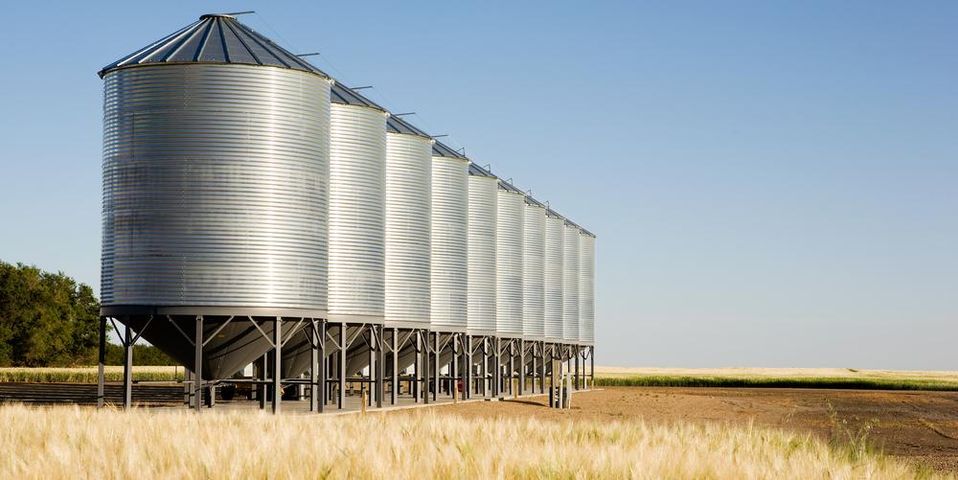7 Tips for Using Grain Bins for Long-Term Storage

Whether it's corn, wheat, oats, or rye, when you need to store any type of grain for months at a time, there are a few requirements. To ensure success and avoid spoilage, Merritt Mechanical-Fabrication has a few tips regarding long-term grain bin storage. Based in Cairo, GA, they've been the area's experts on agricultural design and construction for more than 50 years. If you're planning on storing your grains for a long time, they say you should do the following.
7 Tips to Ensure Successful Long-Term Storage in Grain Bins
1. Clean Them Thoroughly
Proper long-term storage starts with cleanliness. Everything in and around the grain bins should be scrubbed clean, as should any handling equipment. This way, it's less likely pests will be attracted to the bins.
2. Choose High Quality
If you're putting high-quality grains away, you’ll need an equally high-quality bin to store them in. This way, your grains will have a better chance of surviving intact through longer periods of storage.
3. Load Carefully
 Avoid loading procedures that allow foreign materials to enter the grain bins, as well as any that result in a high number of broken kernels. These issues can lead to destructive problems, such as mold, insects, and poor aeration.
Avoid loading procedures that allow foreign materials to enter the grain bins, as well as any that result in a high number of broken kernels. These issues can lead to destructive problems, such as mold, insects, and poor aeration.
4. Be Mindful of Moisture Content
While different grains have different needs, in general, the moisture level inside the bins should be low. For example, if you're growing corn and plan to store it for more than a year, the moisture content should be about 13% to avoid spoiling.
5. Aerate Efficiently
Dry grain minimizes insects and mold. You can promote better aeration and prevent moisture damage by using a grain spreader to fan the grains and maintain a temperature lower than 40ºF. Utilize activating exhaust vents to reduce condensation.
6. Maintain the Correct Temperatures
Other than keeping the grain dry, it must also be cool. The correct temperatures depend on the type of grain as well as the season, but generally, the temperature should range between 40ºF and 32ºF.
7. Inspect Them Regularly
Even if all the previous tasks are fulfilled, you should still inspect the grain every now and then while it's being stored. The warmer the temperature, the more you must monitor the situation. In the winter, monthly inspections should suffice, but during the spring, summer, and fall, test the grain bins weekly or at least twice a month.
With attentive care, you can expect the contents of your grain bins to be in excellent condition many months from now. If your warehouse has any other agricultural needs, don't hesitate to call Merritt Mechanical-Fabrication today at (229) 377-5586. You can also visit their website to learn more about their services.
About the Business
Have a question? Ask the experts!
Send your question

